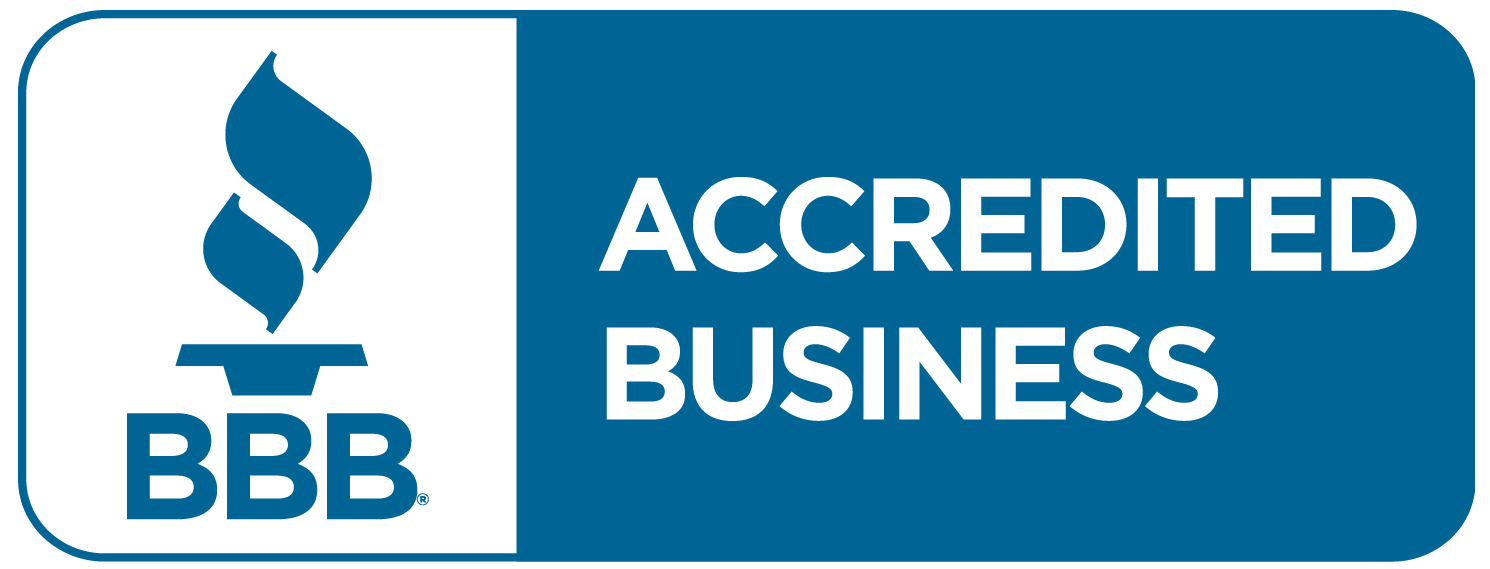Tips for Maximizing the Lifespan of Your Concrete Driveway
A concrete driveway is a significant investment that can add value to your home and enhance its curb appeal. To ensure that your driveway lasts for as long as possible, it is essential to take good care of it. With proper maintenance and regular upkeep, you can extend the lifespan of your driveway and avoid costly repairs or replacements. In this blog post, we will provide practical tips and advice on maintaining your concrete driveway, from selecting the right contractor to preventing damage from harsh chemicals and heavy vehicles.

Choosing the Right Contractor
The first step in extending the lifespan of your concrete driveway is choosing the right contractor. A professional and experienced contractor can ensure proper installation and guide you on how much weight your driveway can handle. It's crucial to choose a contractor who specializes in concrete driveways and has a track record of quality work.
When selecting a contractor, consider their reputation, experience, and certifications. A reputable contractor will have a portfolio of previous work and references from satisfied customers. They should also have the proper certifications and licenses required by your state or local municipality.
Allowing the Concrete to Cure
Once your driveway is installed, it's essential to let the concrete cure properly. Curing is the process of allowing the concrete to dry and harden fully. It can take up to a month for concrete to cure completely, depending on the weather conditions.
During the curing process, it's essential to avoid heavy traffic and keep the concrete moist to prevent cracking. After the concrete has cured, it will be stronger and more resistant to damage from regular use.
Regular Maintenance
Performing regular maintenance is key to extending the lifespan of your concrete driveway. This includes cleaning, pressure washing, and sealing.
Cleaning
Regular cleaning is essential to remove dirt, debris, and car fluids such as oil spills. Use a gentle detergent and avoid certain cleaning chemicals, acidic compounds, and other harsh chemicals that could cause surface damage.
Pressure Washing
Pressure washing can be an effective way to clean your driveway and remove any stubborn stains. However, be cautious not to overdo it, as too much pressure can damage the concrete surface.
Sealing
Applying a concrete sealant top coat can help protect your driveway from moisture penetration and harsh chemicals. Consult with a concrete contractor to determine the best sealant for your specific driveway.
Avoiding Harsh Chemicals
Harsh chemicals, such as rock salt, can cause damage to the concrete surface and reduce its lifespan. During winter, avoid using rock salt or harsh chemicals for de-icing your driveway. Instead, use alternatives like sand or cat litter for traction on icy surfaces.
Addressing Small Cracks and Surface Damage
Inspect your driveway regularly for small cracks and surface damage. Early intervention can prevent more significant issues and extend the lifespan of your concrete driveway. Methods such as epoxy injection can be used to repair cracks and maintain your driveway's structural integrity.
Managing Heavy Vehicles and Weight Distribution
Regularly parking heavy vehicles on your concrete driveway can cause damage over time. Consult your concrete contractor to understand how much weight your driveway can handle and ensure you distribute the weight evenly to prevent excessive stress on any one area.
Additional Tips for Maintaining Your Concrete Driveway
1. Keep Your Driveway Free of Debris
Leaves, twigs, and other debris can accumulate on your driveway, causing stains and surface damage. Regular sweeping and cleaning will help prevent this.
2. Avoid Using Metal Snow Shovels
Metal snow shovels can scrape and damage the concrete surface, leading to cracks and other damage. Use a plastic or rubber snow shovel instead.
3. Address Oil Spills Promptly
Oil spills can penetrate the concrete surface, causing stains and damage. Use a degreaser and absorbent material to clean up oil spills promptly.
4. Consider Professional Maintenance Services
Professional maintenance services, such as power washing and sealing, can help keep your concrete driveway in peak condition. Consider hiring a professional contractor to perform these services regularly.
McDonald Paving & Chip Sealing
At McDonald Paving & Chip Sealing, we are committed to helping our customers maximize the longevity of their concrete surfaces. We offer a range of services, including installation, repair, and maintenance, to ensure your driveway remains in excellent condition for years to come. Contact us today to learn more about our services and how we can help you extend the lifespan of your concrete driveway.
You might also like
Paving and Driveway Tips and Tricks





